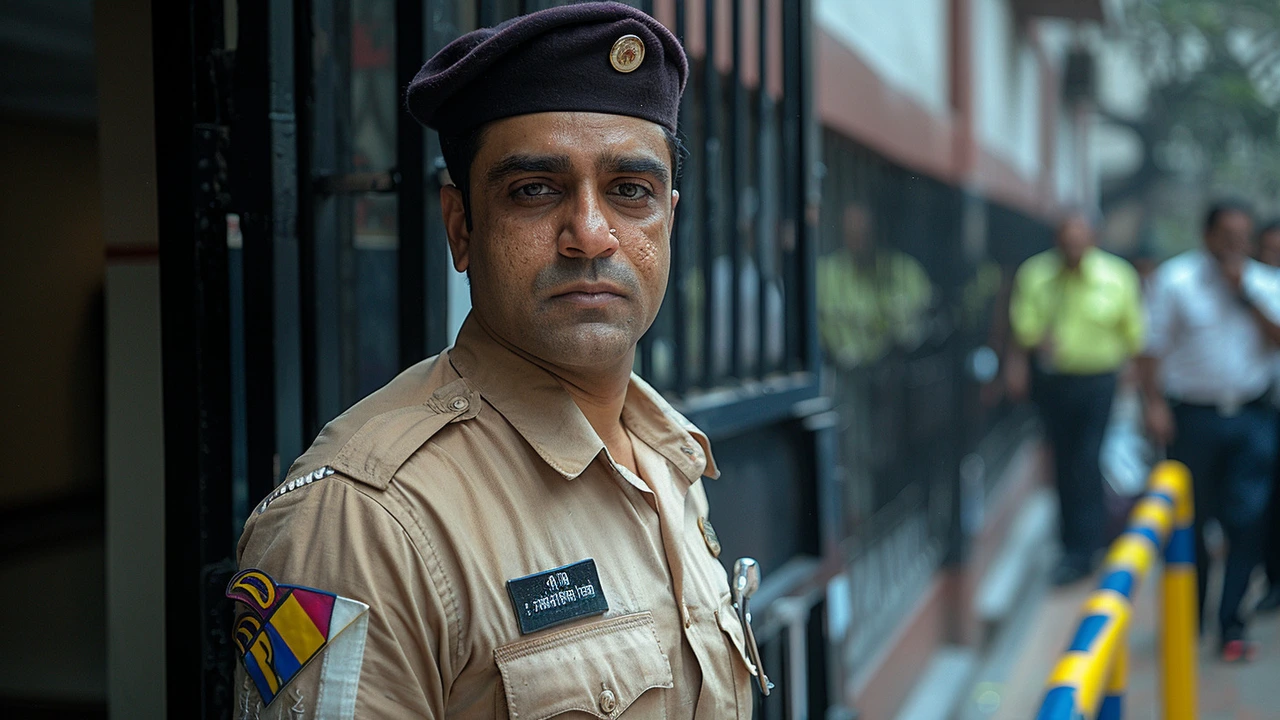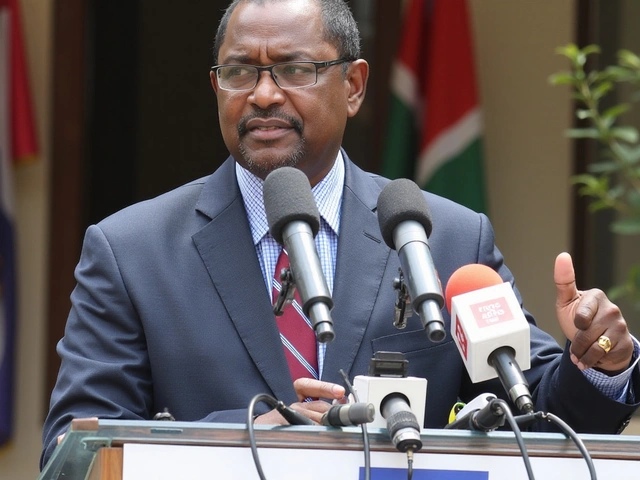
Allegations and Investigations at the Heart of Delhi's Political Drama
Delhi's political landscape was shaken recently when Swati Maliwal, an influential AAP Rajya Sabha member, filed a complaint alleging that Bibhav Kumar, the personal assistant of Delhi Chief Minister Arvind Kejriwal, had assaulted her. The complaint has not only sparked media attention but has also put the Delhi Police and political entities under intense scrutiny.
According to Maliwal, she was assaulted, and following this disturbing incident, she decided to approach the Delhi Police with a written complaint. She expressed her hope that 'appropriate action' would be taken in light of the seriousness of the allegations. However, her plea also included a significant request to the Bharatiya Janata Party (BJP), urging them not to politicize the issue and allow the law enforcement agencies to handle the matter judiciously.
A Lengthy Investigation
Post filing the complaint, a team from the Delhi Police, inclusive of a senior officer of the rank of ACP, arrived at Maliwal's residence for conducting a comprehensive investigation. Their presence at her home for over three hours underscores the gravity with which the authorities are handling the allegations. Despite the extensive background checks and testimonies gathered during this timeframe, an official FIR had still not been registered by the time the police team left her residence.
National Commission for Women's Involvement
This incident has also drawn the attention of the National Commission for Women (NCW). The NCW, exercising its suo motu cognizance, has stepped into the fray and summoned Bibhav Kumar to present himself before the commission on Friday. The involvement of the NCW indicates the body's recognition of the potential seriousness of the charges and its commitment to ensuring that allegations of assault, irrespective of the political ramifications, are thoroughly investigated.
Political Reactions and Charges of Politicization
As expected, the political repercussion of such an accusation in the high-octane environment of Delhi's politics was immediate and intense. Senior AAP leader Sanjay Singh took a firm stand, accusing political factions of leveraging the charges for their gains. Singh highlighted the pattern of women's rights being used as a battleground for political confrontations, noting that similar issues historically have often been overlooked or ignored when politically inconvenient for those in power.
He cited several past instances where women faced severe violations of their rights, yet the authorities remained inert, hinting at double standards prevailing in the political arena. Singh's comments suggest that the party anticipates the complaint to be another flashpoint in the ongoing political tussles rather than a standalone criminal investigation.
The Broader Implications
This incident is emblematic of a broader societal concern – the intersection of politics with issues of personal safety and justice. If the allegations are true, it showcases the vulnerabilities individuals face despite their political clout and the potential misuse of power by those in influential positions. On the other hand, if these allegations are manipulated for political benefits, it could erode public trust in genuine justice systems and mechanisms aimed at protecting individuals from such abuses.
There's an undeniable need to ensure that justice is served objectively, devoid of political biases. The case underscores the importance of having unbiased and fair investigative procedures, especially when high-profile figures are involved. Such scenarios test the credibility and effectiveness of law enforcement and judicial bodies.
Awaiting Justice
As of now, the ball is firmly in the court of the Delhi Police and the NCW. Their actions in the coming days will be closely monitored by the public, media, and political analysts alike. The decision to register an FIR or proceed with further investigations will be pivotal in establishing the credibility of the accusations.
Moreover, it would set a precedent for how such cases are handled in the future, especially when they involve politically significant individuals. For Swati Maliwal, this is more than just a legal battle; it's a fight for justice, personal dignity, and the broader cause of women's safety in political spheres.
The unfolding developments promise to be a litmus test for Delhi's law enforcement agencies and political entities, highlighting the continuous struggle between justice and political maneuvering. All eyes will remain fixed on the Delhi Police's next move and the statements from the NCW as they delve deeper into the allegations. The hope is that the truth, no matter how uncomfortable it may be for either side, will prevail and ensure accountability and justice for those involved.
17 Comments
Write a comment
More Articles

Kalonzo Musyoka Decries Security Withdrawal from Chief Justice Martha Koome: An Unacceptable Threat to Judicial Independence
Wiper leader Kalonzo Musyoka has criticized the withdrawal of Chief Justice Martha Koome's security, calling it a threat to judicial independence. Koome expressed concerns to Interior Cabinet Secretary Kipchumba Murkomen, stating the withdrawal threatens the judiciary's ability to function. Despite police claims of a routine officer replacement, legal groups have condemned the move, highlighting risks to the judiciary's integrity.

Chelsea Beats Manchester United to Land Sporting CP Talent Geovany Quenda in a £40m Deal
Chelsea outmaneuvered Manchester United by securing a £40 million deal for young Sporting CP sensation Geovany Quenda. This strategic move, completed in secret, reroutes Quenda's future to Stamford Bridge, leaving United scrambling for alternatives like Tyler Dibling amid financial strains. Quenda's impressive defensive skills were reminiscent of Arsenal's Bukayo Saka.

Kaizer Chiefs Enhance Team Dynamics with Cedric Kaze as New Assistant Coach
Kaizer Chiefs has brought on Cedric Kaze as the new assistant coach to strengthen their technical team following Fernando da Cruz's exit. Kaze, a Burundian, has a proven track record with the team's head coach, Nasreddine Nabi, from their tenure at Young African in the Tanzanian Premier League. This appointment is poised to streamline coaching duties and improve communication within the club, potentially benefiting the team's performance and efficiency.
manish mishra
May 16, 2024 AT 21:15Looks like another political circus, and I’m not buying the drama 😒